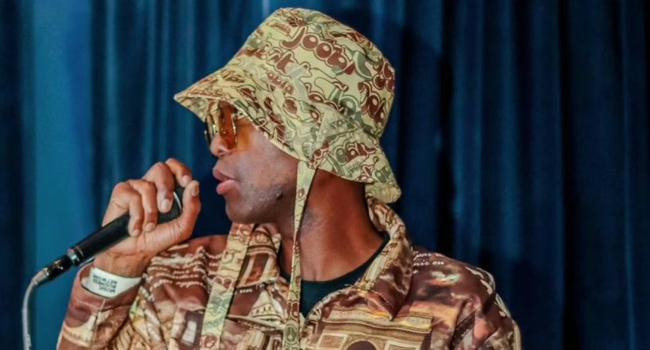Rashid Kay Responds to Blxckie’s Comments on Freestyling Over Pro Kid’s Beat
In a recent exchange that has stirred the South African hip-hop scene, Rashid Kay fired back at Blxckie following his controversial opinion on freestyling over classic beats, specifically referencing Pro Kid’s iconic production.
The Origin of the Debate: Blxckie’s Perspective
The conversation ignited when Blxckie expressed his views on K.Keed’s reluctance to freestyle on a Pro Kid beat during a radio session. Blxckie remarked, “It’s about the culture and the radio show’s audience hearing you for the first time, so you need to bring your best bars. But honestly, it’s 2025 – I don’t see the point of freestyling on a Pro Kid beat now.” This statement sparked mixed reactions, questioning the relevance of older instrumentals in today’s hip-hop landscape.
Rashid Kay’s Rebuttal: Honoring Hip-Hop’s Timeless Tradition
Rashid Kay took to social media to challenge Blxckie’s viewpoint, emphasizing the enduring practice of rappers freestyling over legendary tracks as a sign of respect and artistic expression. He highlighted notable instances from global hip-hop history where prominent artists have rapped over classic beats:
- Cardi B delivered bars on Jay-Z’s Imaginary Playa (1997)
- Lil Wayne showcased his skills on OutKast’s Jazzy Belle (1996)
- Meek Mill freestyled over Mobb Deep’s Get Away (2000)
With a tone blending irony and challenge, Rashid Kay questioned, “Why can’t you rap on Pro Kid’s 2010 beat in 2025?” This rhetorical question underscores the idea that classic beats remain fertile ground for contemporary artists to demonstrate their lyrical prowess.
Cardi B rapped on Jay Z’s Imaginary Playa (1997)
Lil Wayne rapped on OutKast’s Jazzy Belle (1996)
Meek Mill rapped on Mobb Deep’s Get Away (2000)
What do you mean you can’t rap on Prokid’s 2010 beat in 2025? https://t.co/1xqSxZ8U2b— RASHID KAY (@rashid_kay) August 26, 2025
Community Reactions and the Cultural Significance
The exchange has reignited passionate discussions among fans and artists about the balance between honoring hip-hop’s roots and pushing the genre forward. Rashid Kay’s stance resonates with many who believe that revisiting classic instrumentals is not only acceptable but essential for preserving the genre’s heritage. Freestyling on timeless beats serves as a bridge connecting new talents with the pioneers who shaped hip-hop’s foundation.
As hip-hop continues to evolve in 2025, this debate highlights the ongoing dialogue about innovation versus tradition, reminding the community that respect for the past can coexist with creative progression.


















0 Comments